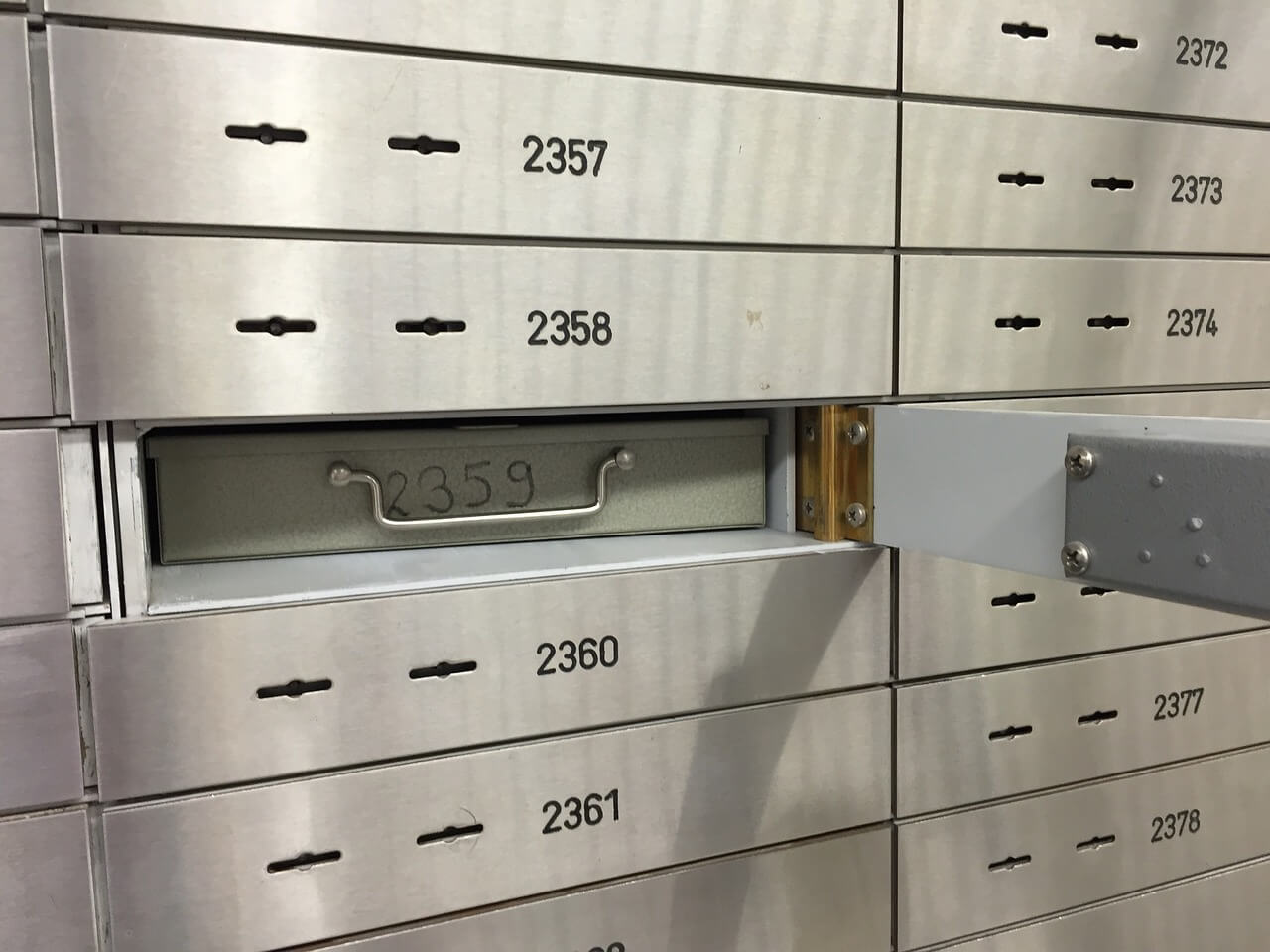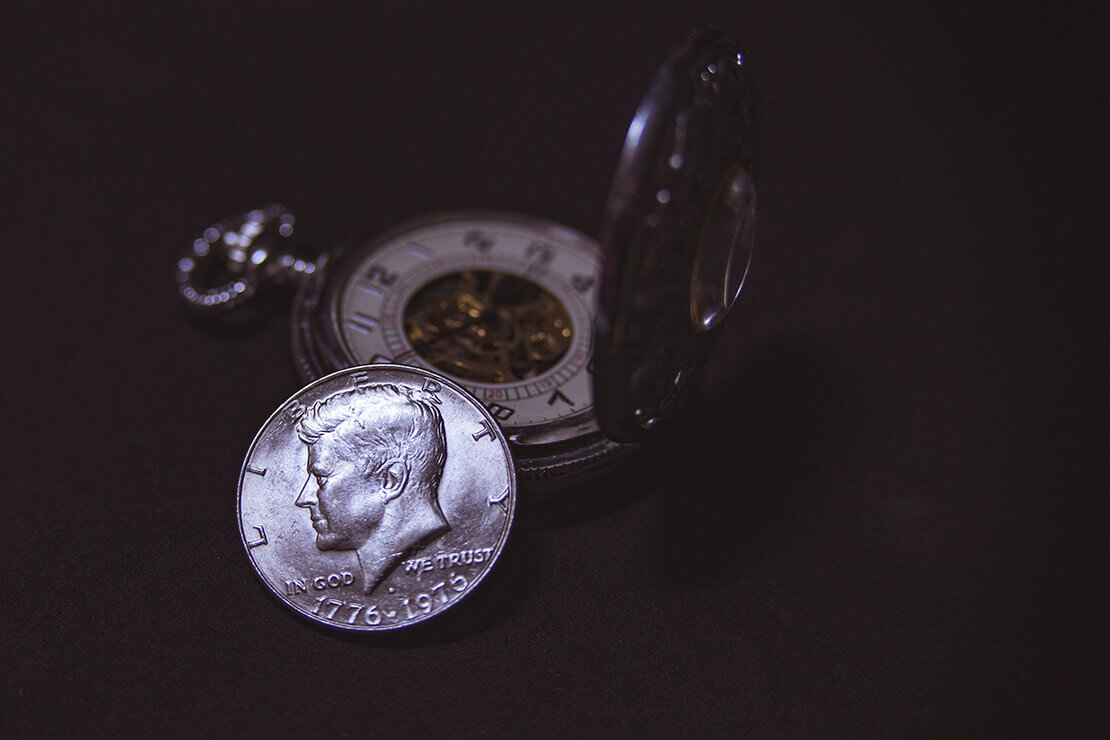A gold savings plan is a popular form of investment in times of economic crisis. But what makes it so popular? Is a gold savings plan really the ultimate crisis precaution? In this blog we will take a closer look at the advantages and disadvantages of a gold savings plan and find out whether it really is as safe as gold.
Inhalt
- 1 What is a gold savings plan and how does it work?
- 2 Why is a gold savings plan useful as a crisis precaution?
- 3 What are the risks associated with buying gold?
- 4 How can you open a gold savings plan?
- 5 Do I have to pay taxes on financial transactions?
- 6 What is the best way to get hold of physical gold?
- 7 Can gold prices rise or fall?
- 8 How do the different types of gold investments differ?
- 9 What alternatives are there to a gold savings plan as a crisis precaution?
What is a gold savings plan and how does it work?
A gold savings plan is a way to invest in gold on a regular basis. It involves investing a certain amount of money in gold each month, which is then held physically or as a security. The advantage of a gold savings plan is that you do not have to rely on the right time to buy gold, but invest continuously in the precious metal. Moreover, gold is a popular crisis provision, as it often increases in value in times of economic uncertainty. Another plus point: unlike other forms of investment such as shares or funds, gold is not tied to the success of a company, but retains its value regardless. However, it is important to find out about the provider’s costs and conditions before taking out a gold savings plan in order to avoid unexpected charges.
Why is a gold savings plan useful as a crisis precaution?
You ask yourself why a gold savings plan makes sense as a crisis precaution? Well, gold has proven itself time and again in the past as a safe haven in times of crisis. In times of inflation, economic crises or political unrest, the value of shares, real estate or currencies can fall quickly, while the price of gold usually rises. A gold savings plan offers you the opportunity to invest regularly in gold and thus build up wealth in the long term. You don’t have to invest all your money at once, but can do so in small instalments. This way you minimise the risk of losses and at the same time you have a hedge against possible crises. Another advantage is that gold is physically available and therefore protected even in times of banking crises or cyber attacks. A gold savings plan can therefore be a sensible addition to your portfolio if you plan for the long term and want to protect yourself against possible crises.
What are the risks associated with buying gold?
If you are thinking about investing in gold, you should also consider the risks involved. One of the biggest risks is the volatility of the gold price. The price can rise and fall quickly, which means you may not make the profit you expect if you buy or sell at an inopportune time. Another risk is the possibility of fraud and counterfeiting. It is important to buy only from reputable dealers and to check the gold for authenticity. Owning physical gold can also pose security risks, such as theft or loss. However, if you carefully consider these risks and decide to buy gold, it can be a worthwhile investment, especially as part of a comprehensive crisis preparedness strategy.
How can you open a gold savings plan?
If you have decided to open a gold savings plan as a crisis precaution, there are some important steps to follow. First of all, you should inform yourself about different providers and their conditions in order to find the right savings plan for you. Pay particular attention to the costs, the amount of the monthly savings rate and the possibility to access your gold flexibly at any time. Once you have decided on a provider, you need to open an account and enter your personal data. Then you can set the desired savings rate and start the savings plan. The monthly amounts are then automatically debited from your account and converted into physical gold. It is important to regularly monitor the gold price and adjust the savings rate if necessary in order to benefit from favourable entry prices. With a gold savings plan as a crisis precaution, you have a safe and stable form of investment that can protect you from the effects of inflation and currency fluctuations.
Do I have to pay taxes on financial transactions?
When it comes to financial transactions, the question often arises whether you have to pay taxes. Basically, everyone who earns income in Germany must also pay taxes. This also applies to profits from financial transactions, such as the sale of gold. However, there are also allowances and tax exemptions that can vary depending on the type of transaction and the personal situation of the taxpayer. It is therefore worthwhile to find out about the tax aspects of financial transactions in advance and, if necessary, to consult a tax advisor. A gold savings plan can be an interesting option, since it involves regular investments in gold and the tax burden can thus be spread over several years.
What is the best way to get hold of physical gold?
When it comes to acquiring physical gold, there are several options. One option is to buy gold coins or bars from a precious metal dealer. However, you should make sure that you choose a reputable dealer and compare prices to get a good deal. Another option is to buy gold through a gold savings plan. Here you pay in a fixed amount every month, which is converted into gold. The advantage of this method is that you can invest in gold regularly and do not have to spend large sums at once. However, you should also compare the conditions of the providers and make sure that the administration costs are not too high. Ultimately, the choice of the best way to acquire physical gold depends on your personal preferences and financial possibilities.
Can gold prices rise or fall?
You wonder if gold prices can rise or fall? The answer is: Yes, they can. The price of gold is influenced by various factors, such as the demand for gold, the state of the economy, inflation and the performance of the US dollar. When the demand for gold increases, the price also increases. When the economic situation weakens or inflation rises, many investors look for safe havens and invest in gold. A devaluation of the US dollar can also drive up the price of gold, as gold is traded in US dollars. However, there are also factors that can lower the price of gold, such as a strong economy or higher interest rates on bonds. It is therefore important to keep an eye on developments in the gold market and adjust one’s investment decisions accordingly. A gold savings plan can be a useful addition to your portfolio to protect you against crises.
How do the different types of gold investments differ?
When it comes to gold investments, there are a variety of options to choose from. The three most common types are gold coins, gold bars and gold savings plans. Gold coins tend to be more expensive than gold bars, as they are often collector’s items and can have a higher value. Gold bars are available in different sizes and are often bought in large quantities. Gold savings plans are a relatively new way of investing in gold and offer the advantage that you can invest small amounts regularly to build up a larger portfolio over time. It is important to understand the advantages and disadvantages of each type of gold investment to make the best decision for your needs and goals.
What alternatives are there to a gold savings plan as a crisis precaution?
If you are looking for a crisis provision but are not interested in a gold savings plan, there are still some alternatives that you can consider. One option is to buy precious metals such as silver or platinum, which can also serve as a store of value. Another option is to buy real estate or land, which are considered safe investments in times of crisis. Buying shares or funds that focus on commodities or energy can also be a way to hedge against crises. It is important to inform yourself well beforehand and compare different options in order to find the right crisis provision for you.










